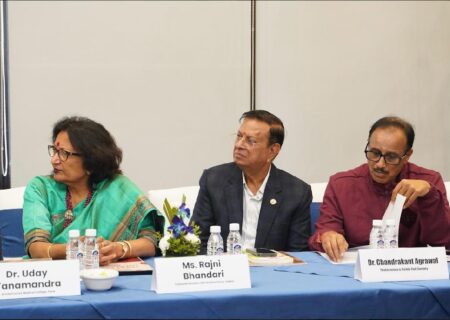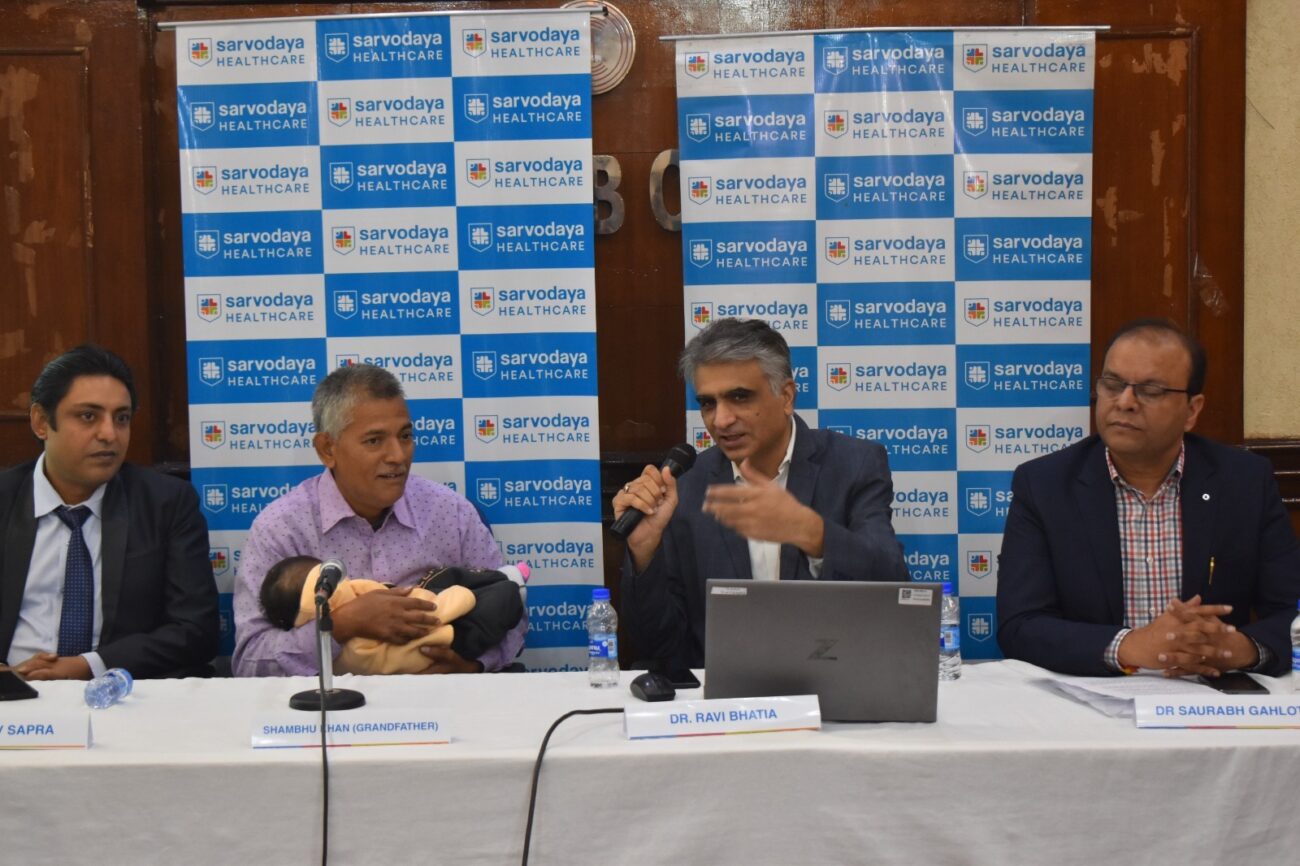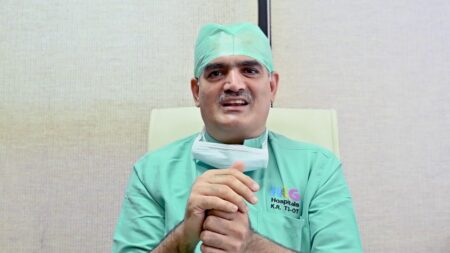India needs four lakh organ transplants every year: Dr Sandeep Attawar, President of Indian Society for Heart and Lung Transplantation (INSHLT)
· Two day INSHLT National conference is being held at Hyderabad · Less than 1000 are done due to lack of organ donors · Important to educate people on voluntarily coming forward for a noble cause Around 350
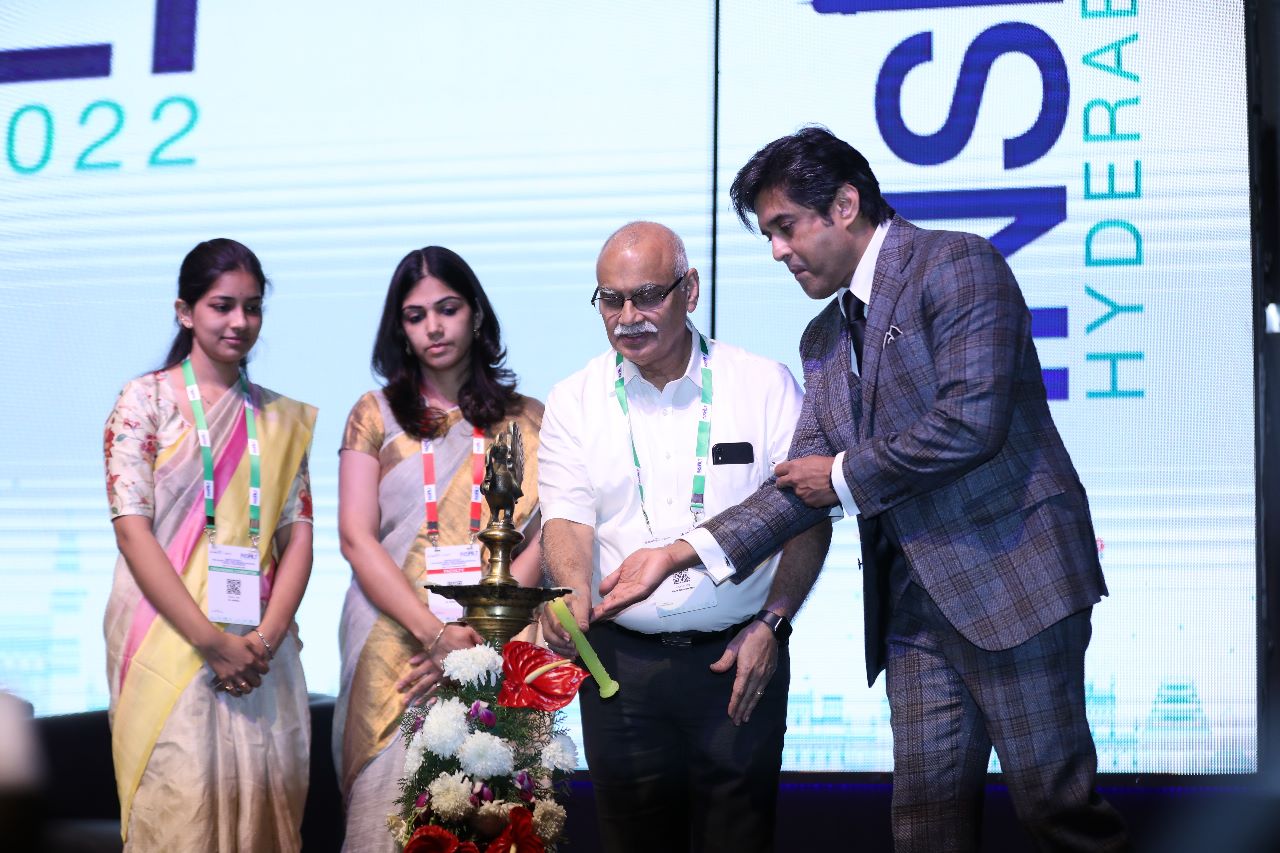
· Two day INSHLT National conference is being held at Hyderabad
· Less than 1000 are done due to lack of organ donors
· Important to educate people on voluntarily coming forward for a noble cause
Around 350 medical experts with diverse specializations drawn from across the country and abroad delivered some thought-provoking pointers during the inaugural programme of the two-day ‘Indian Society for Heart and Lung Transplantation – Annual conference’, under the aegis of Indian Society for Heart and Lung Transplantation, here on Saturday. 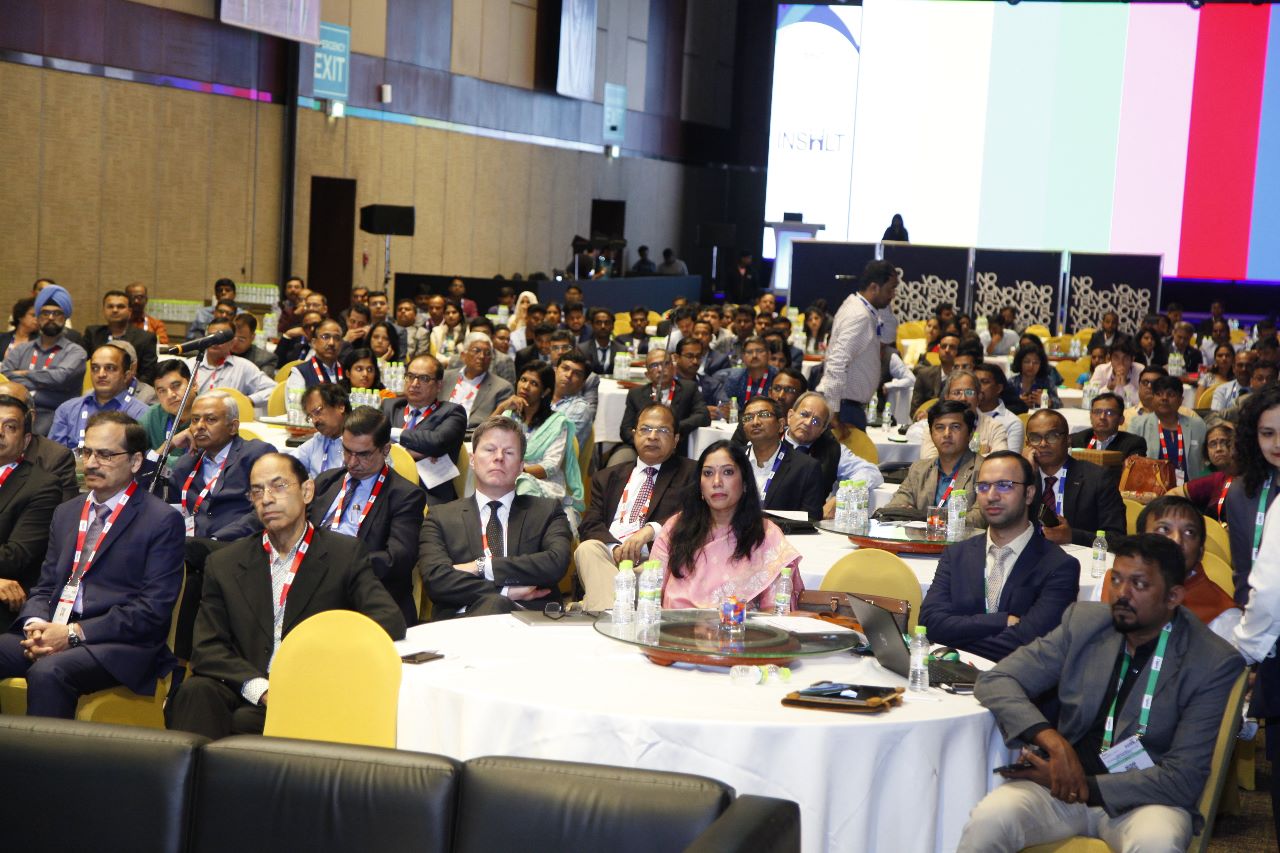

The essence of the conference was themed around the critical medical fields of heart, lung transplantation and mechanical circulatory support with thrust on the path-breaking advancements that have been made in the recent past. The enlightening program was of equal importance to practitioners not only from India but also from across the globe.
Speakers eulogized the remarkable advancements that are coming in handy while handling the alarming rise in cases pertaining to heart failure and end-stage lung disease. They dwelt deep into how the conference can help physicians and the thoracic transplant community to go about qualitative clinical care and save thousands of precious lives.
In a well-articulated address, Dr. Sandeep Attawar, President of Indian Society for Heart and Lung Transplantation (INSHLT) and Organising Secretary, covered various aspects of the impact of COVID-19 on thoracic transplantation and its sustenance. “Those initial days of the pandemic were difficult to fathom. The hitherto unheard of pathology was so extreme in nature and rapacity that it made a life-saving double-lung transplant commonplace. Adding to the problem is that despite the best efforts of the medical fraternity, the country is beset with a low percentage when it comes to organ donations. Today, three years down the line, I take pride in stating that we, as a fraternity, have endured and moved forward with remarkable finesse. We’ve gained much in understanding end-stage heart and lung disease, demonstrating greater resilience in using life-saving extra-corporeal bridging strategies and an increased focus on community wellbeing.
“I wish to mention some India-specific statistics, while on the subject. According to available trends, the country needs at least four lakh organ transplants annually. Unfortunately, only 0.5% percentage of the organs donated come from diseased organ donation after terminal brain death. Not much is happening on this front because organ donations are rather negligible. When the need is to do up to 60,000 hearts transplants annually we are able to do a maximum of 250. Against a lakh lung transplants we do a maximum of 200 transplants. Although, the demand will always be more than the supply, including in advanced countries, there is a need for a massive increase in organ donations in the country. We can have around 20,000 organ donations every year if one goes by fatal road accidents. Many are dying from end-stage organ damage. We have to fill this demand-supply equation. There should be wide awareness, including by the fraternity and the media, about the overwhelming importance of organ donation after terminal brain-death. I hope this spirit will be the driving force of the august gathering, particularly drawing from the gains achieved while the best contemporary brains share their experiences and perspectives during the brain-storming sessions.”
A feature of the inaugural day was the manner the participants exchanged innovative ideas and felt enriched by the practical interactions with proven experts. Needless to say, the delegates were delighted with the knowledge gained and the practises that they need to incorporate when they treat patients on the morrow.



